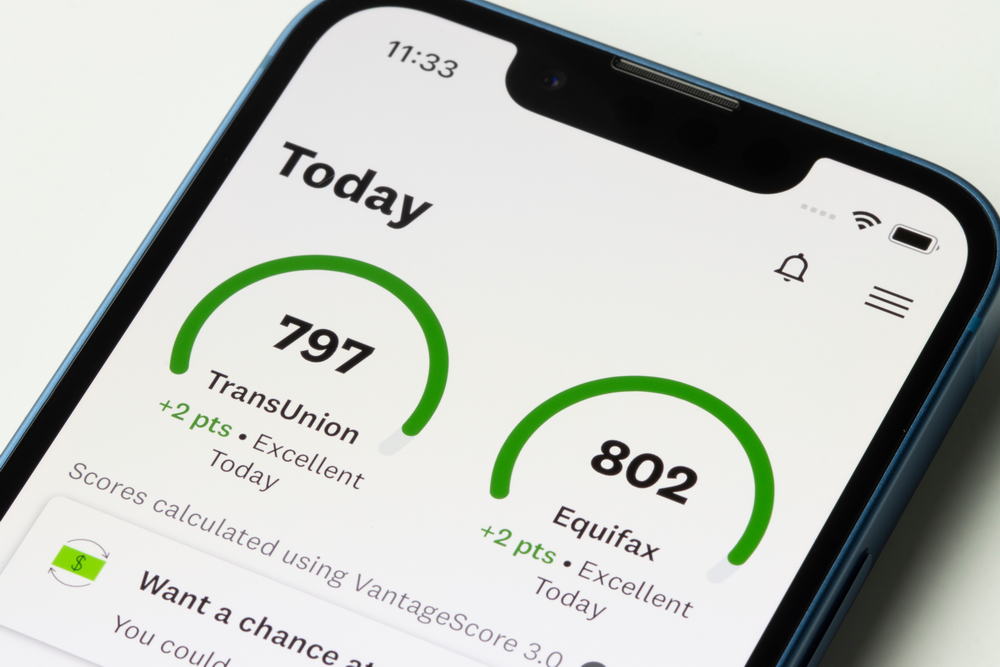
Protecting one’s credit was often strong motivation to pay up when a civil judgment was entered against a debtor. Judgment debtors with legitimate resources would have rather paid what they owed than face the consequences of having a judgment show up on a credit report. But that is no longer the case. Why? Because judgments are not reported to credit agencies anymore.
That’s too bad because it takes away one of the few motivating factors involved in encouraging debtors to pay what they owe. With that tool gone, creditors have a harder time getting paid. Many of them turn to Judgment Collectors for help.
The National Consumer Assistance Plan
Prior to 2017, judgments were included on credit reports in most states. How long a report could show a consumer’s judgment depended on state regulations. Believe it or not, 10 years was not out of the question. Imagine being saddled with a judgment on your credit report for a decade.
So what happened? The top three credit reporting companies – Equifax, Experian, and TransUnion – got into a dispute with the attorneys general of 30 states. The case was settled with the establishment of the National Consumer Assistance Plan (NCAP) in 2015. Among other things, the plan included bringing an end to the practice of relying on public records to report on a consumer’s credit.
The settlement called for the credit reporting companies to include name, address, and Social Security number (or date of birth) with all civil records before they could be reported in a consumer’s credit history. But by June 2017, the majority of civil records were removed because information accuracy could not be verified.
Civil Records No Longer Included
An important aspect of the NCAP was the requirement that credit reporting agencies refresh their data on civil judgments every 90 days. The problem is that address information changes frequently. Reporting accurate information became a monumental task that was not worth the effort. So the credit reporting companies simply stopped looking at civil records. That was that.
In the 2020s, civil judgments are no longer included in credit reports. That means there is no longer a motivation to pay a civil judgment in order to protect one’s credit. If there is any good news here, it is the fact that civil judgments are still a matter of public record. They haven’t been hidden from view. It’s just that credit reporting agencies have stopped looking at them.
There Are Other Ways to Motivate
It is too bad that civil judgments no longer impact consumer credit. Not being able to get a mortgage or car loan was a strong incentive to pay up. Now that credit reporting agencies are not looking at judgments, that incentive no longer exists. But there are other ways to motivate.
Laws regarding civil judgment collection vary from state to state. But by and large, creditors have access to tools like wage garnishment, property liens, and asset seizure to motivate. Asset seizure tends to be a tool of last resort, but it is also one of the most motivating tools creditors have at their disposal.
Let’s Talk About Your Judgments
Does your company still have outstanding judgments waiting to be collected? If so, let us talk about them. As an experienced judgment collection agency operating in 11 states, we know what it takes to motivate debtors. Best of all, we work on consignment.
Perhaps creditors no longer have consumer credit reports working in their favor, but that doesn’t mean that outstanding judgments can’t be collected. Where there is a will, there is a way. You provide the will. We handle the way.